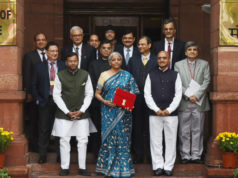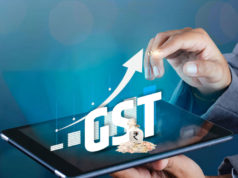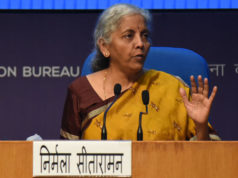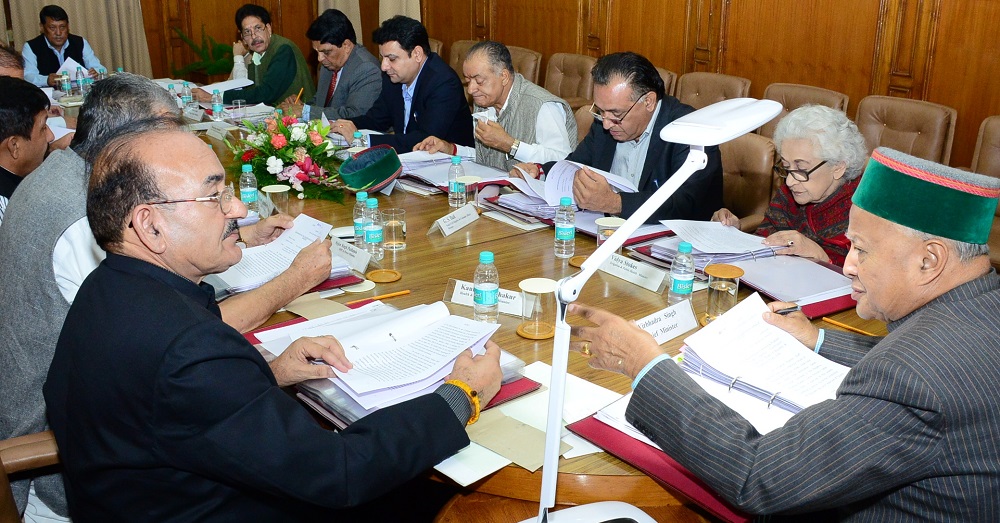New Delhi – The Union Minister for Finance and Corporate Affairs, Nirmala Sitharaman, presented the Interim Budget 2024-25 in Parliament, highlighting the significant achievements of the Goods and Services Tax (GST) regime in India. Sitharaman emphasized that the unification of the fragmented indirect tax system through GST has substantially reduced the compliance burden on trade and industry.
Citing a recent survey conducted by a leading consulting firm, the Finance Minister revealed that 94 per cent of industry leaders perceive the transition to GST as largely positive. Additionally, 80 per cent of respondents acknowledged that GST implementation has led to supply chain optimization. Sitharaman pointed out that the tax base of GST has more than doubled, resulting in an almost doubling of the average monthly gross GST collection to ₹1.66 lakh crore in the current year.
Addressing the positive impact on state revenues, Sitharaman disclosed that States’ State Goods and Services Tax (SGST) revenue, including compensation released to states, has achieved a buoyancy of 1.22 in the post-GST period from 2017-18 to 2022-23. This stands in stark contrast to the tax buoyancy of state revenues from subsumed taxes in the pre-GST period of 2012-13 to 2015-16, which was a mere 0.72. The Finance Minister asserted that consumers are the primary beneficiaries, as reduced logistics costs and taxes have led to lower prices for most goods and services.
Citing data from the National Time Release Studies, Sitharaman highlighted the Customs measures taken to facilitate international trade. These efforts resulted in a significant decline in import release time, with a 47 per cent reduction to 71 hours at Inland Container Depots, a 28 per cent reduction to 44 hours at air cargo complexes, and a 27 per cent reduction to 85 hours at sea ports over the last four years since 2019.









